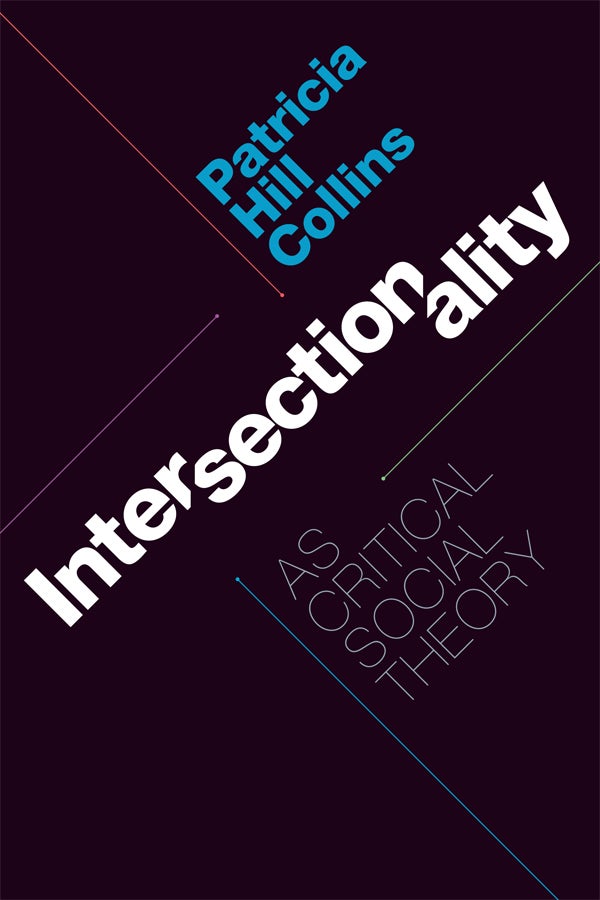CRT is a theoretical perspective. It doesn't entail a fixed historical curriculum, but it does have everything to do with history.
If it does, then by definition, practically every subject has everything to do with history.
I mean, if your argument is that history can be divided into regional specializations,
How is there an argument that it can't be?
You can break down history pretty much ad infinitum. That's why historians tend to specialize in given subjects and/or time periods.
then how do we teach the history of Britain, or Australia, without necessarily requiring a conversation about race? How do we teach the history of Africa without mentioning the impact of European colonization and the racialized component of colonial policies in Africa? How do we explain the Imperial history of Britain without understanding the racial hierarchy of the empire and its impact on those affected by it? Can Australian history ever be complete without an understanding of the segregated history of indigenous Australians? Thanks to CRT, we increasingly understand that these things are not incidental or exterior to mainstream history, as comfortable as that idea may be. They are actually integral to any kind of comprehensive historical understanding, so when do we teach them?
This isn't an argument against history, it's an argument that CRT is somehow required to teach these things. I mean, I could go into each of those examples, but let's go with the Australian one. That indigenous Australians were treated poorly wasn't some big secret. We learnt about segregation, and violence, and the Stolen Generations, and the 1960s referendum, and the Mabo Decision, and culture, and lots of other stuff. Of course, that's just me, and if you want to argue that we aren't/weren't taught enough, I actually agree. I can only speak for myself for what I learnt, that's just one experience out of many (dare I say, "lived experience?" Bleh.). But again, that's a question of history - what's taught, how's it taught, how much of it is taught. Somehow, we studied all that without CRT.
This isn't an argument against CRT per se (I'll get to that in a bit), but if you're making the argument that it's somehow necessary? Then no. I don't agree. Same way I disagreed with Obsidian way earlier on that you need to study works of fiction to understand history. Yes, to use the specific example, the multiple indigenous texts we studied helped an understanding of history, but I'd keep English as English, and history as history.
Opposition to CRT in education seems to be almost entirely motivated by the desire to avoid subjects which make white people feel bad. But who actually cares if white people feel bad? Why are the feelings of white people important to the historical curriculum or the historical narrative? It happened, feeling bad about it is a choice.
Well first, there's no shortage of non-white people who oppose CRT. Second, I don't care if white people feel bad. "Feeling bad" isn't an argument against not teaching something. That goes for every person, everywhere. By extension, my dislike of CRT isn't about "feeling bad." I've had my share of "feeling bad" for most of my life, by virtue of history - if that's the worst thing that happens to me, I'm lucky. My dislike of CRT is that I fundamentally disagree with a number of its theses, and how it's practiced. Y'know, dividing students by race, the emphasis of "racial affinity groups," segregated parent-teacher meetings, and everything else (including, but not limited to, the racialization of learning, "ways of knowing," the "2+2=5" controversy), and these are concerns that have been echoed by various people of various skin colours.
This isn't a call for a ban for CRT (it's a field of study that can be studied/used like any other), but far as I can tell, it's been a disaster in the primary school level (elementary school? I think that's what they call it in the US).


